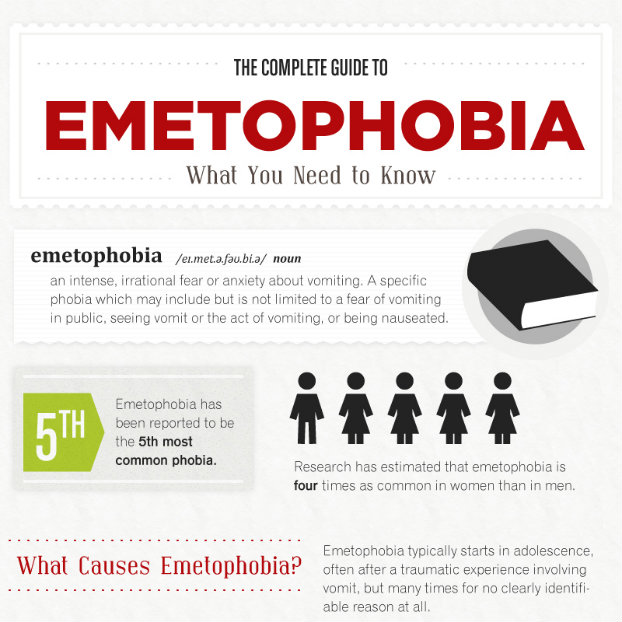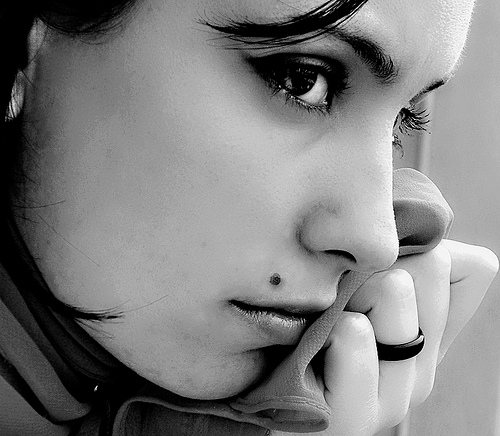 …or do people just use it as excuse for not trying to overcome their shyness?
…or do people just use it as excuse for not trying to overcome their shyness?
There has been a considerable amount of debate on whether social phobia, also known as social anxiety disorder, should be classified as a psychological condition. Social anxiety disorder is defined by PubMed Health as “a persistent and irrational fear of situations that may involve scrutiny or judgment by others.” The condition is now listed in the DSM-IV (a manual used to diagnose mental illness) as a legitimate disorder. Social phobia has been formally accepted by many psychologists and psychiatrists as a serious illness.
However, skeptics question whether social anxiety is really just extreme shyness. They argue that drug companies are “medicalizing” natural human conditions. Similar accusations have been made against disorders related to aggression, self-absorption, inability to concentrate, and even depression.
Attaching a label to a trait or behavior that interferes with normal functioning serves a few purposes.
On one hand, it allows mental health specialists to better assist patients who have health insurance. Insurance companies will generally pay for a recognized disorder to be treated by a professional. People who struggle with maladaptive behaviors and thoughts can get the help they need by learning how to cope. There is also less isolation and shame once people learn that there are others who can relate to their difficulties.
On the other hand, there are patients who take advantage of the label. Some underhanded people will do everything they can to get a “quick fix” in the form of medication that they don’t actually need. Others will use their condition as an excuse to mistreat others or avoid their responsibilities.
Social stigmas are another problem that can stem from labeling a disorder. Awareness, unfortunately, can sometimes bring ridicule, harsh criticism, and unpleasant scrutiny.
For people who have been diagnosed with social anxiety disorder, there is one major factor that separates them from being merely timid. Specialists consider social anxiety disorder to have “a detrimental effect on functioning.” This means that social phobia prevents people from enjoying a certain quality of life. They are so affected by their fear of being rejected or humiliated that they are unable to perform a number of everyday activities without high levels of anxiety. Social phobics feel uncomfortable in many public places and are terrified of making themselves look foolish. This goes beyond the mild apprehension a healthy individual may feel when meeting new people or giving a presentation.
The anxiety of social phobia can lead to depression or self-destructive habits if left untreated. If you feel you may have social anxiety disorder, you should speak with a mental health specialist.





